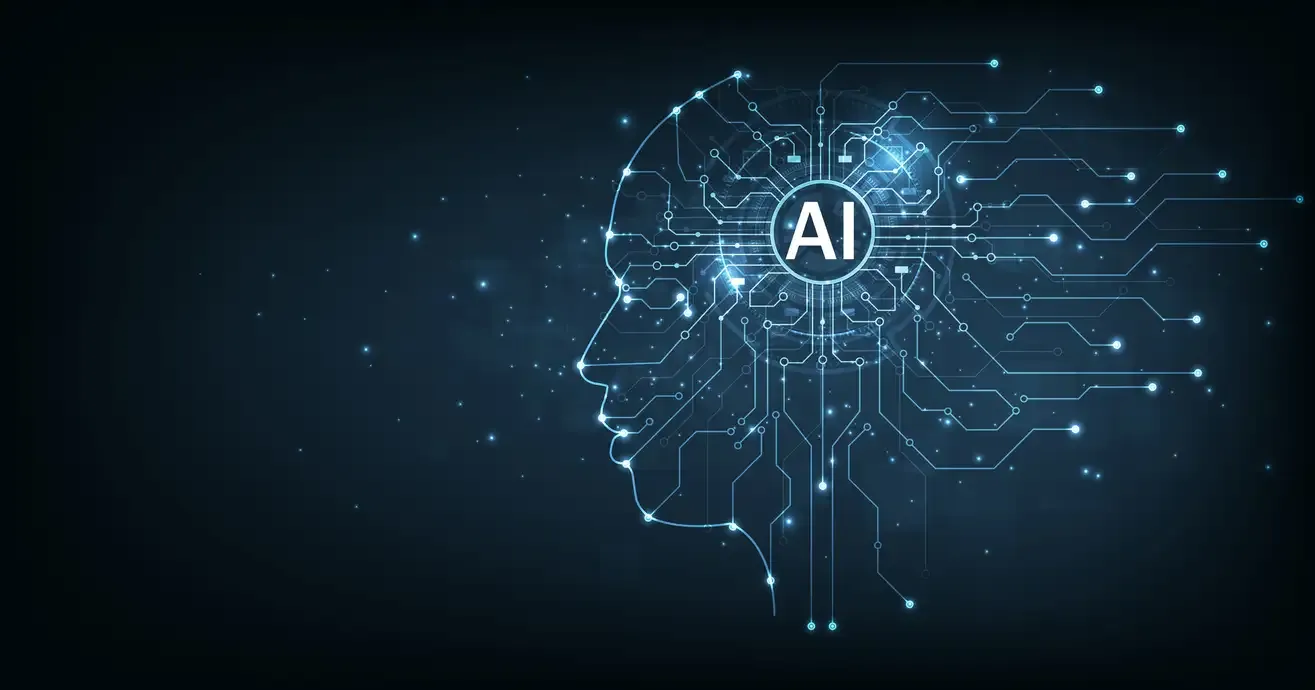Illustration: Chor muang (Getty Images) The AI "hype" phase might be coming to an end. But that doesn't mean it's all a bu...
 |
| Illustration: Chor muang (Getty Images) |
The Times says problem for such startups isn’t just the gap between their spending and revenue, but the fact that they’ll have to compete with Big Tech behemoths: The A.I. revolution, it is becoming clear in Silicon Valley, is going to come with a very big price tag. And the tech companies that have bet their futures on it are scrambling to figure out how to close the gap between those expenses and the profits they hope to make somewhere down the line.
This problem is particularly acute for a group of high-profile start-ups that have raised tens of billions of dollars for the development of generative A.I., the technology behind chatbots such as ChatGPT. Some of them are already figuring out that competing head-on with giants like Google, Microsoft and Meta is going to take billions of dollars — and even that may not be enough.
We’ve written here that this moment of AI hype will, indeed, fade — eventually. It will take a lot longer to develop and implement generative AI technologies into the fabric of our daily lives than some investors think, which will lead to a sense of disillusionment. But that happens with most new technologies (see the metaverse and autonomous vehicles).
And analysts we spoke to last month don’t think there’s an AI bubble destined to burst like in the 1990s dot-com era: Like all new technology, AI may be in a “hype” phase. But that doesn’t mean all AI-related companies’ values are over-inflated, [D.A. Davidson analyst Gil Luria] said....Even among the experts who see an AI bubble forming, many say it won’t end as bad as the dot-com burst. Richard Windsor, founder of the research firm Radio Free Mobile, said people are using “convoluted and untested methods to justify very high valuations for [AI] companies,” like they did during the dot-com era.
But, he said, “the internet bubble bursting [was] worse than the AI bubble bursting” will be. That’s partly because even in its “immature form” today, AI is capable of generating substantially greater revenues than the internet was in the 1990s and early 2000s. The internet in the 1990s was “super slow,” he said, “and it took a long time to realize” its full potential. Meanwhile, Windsor said he sees AI’s full potential as ultimately limited. Even if the AI bubble bursts, “what the internet became will be bigger than what AI will become in its current form,” Windsor said.





